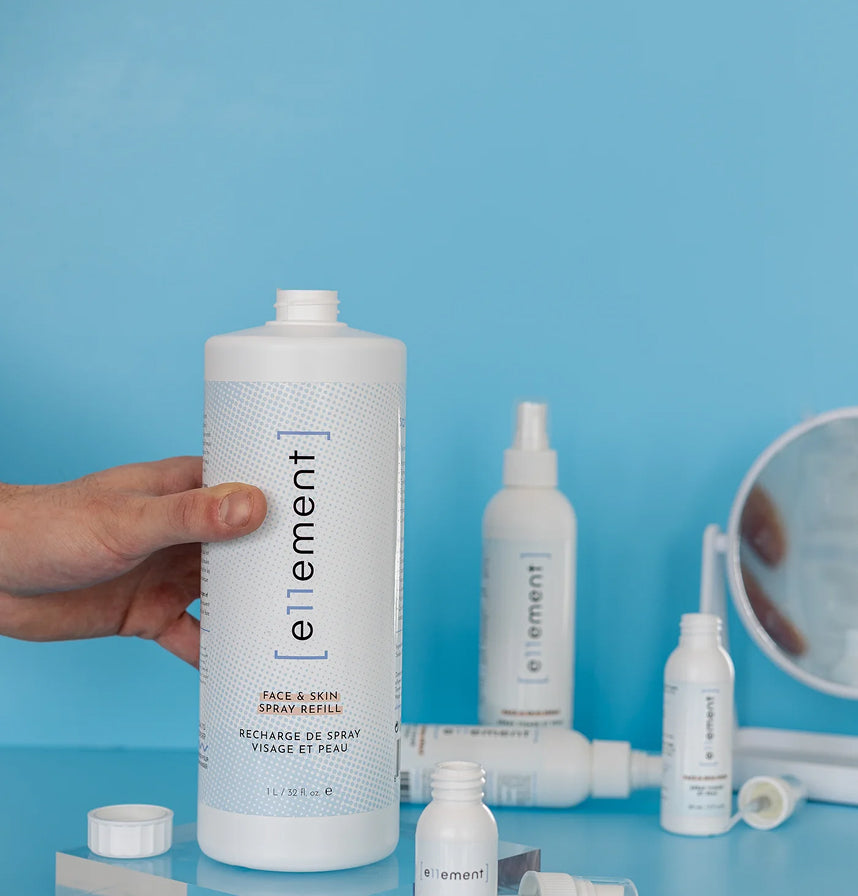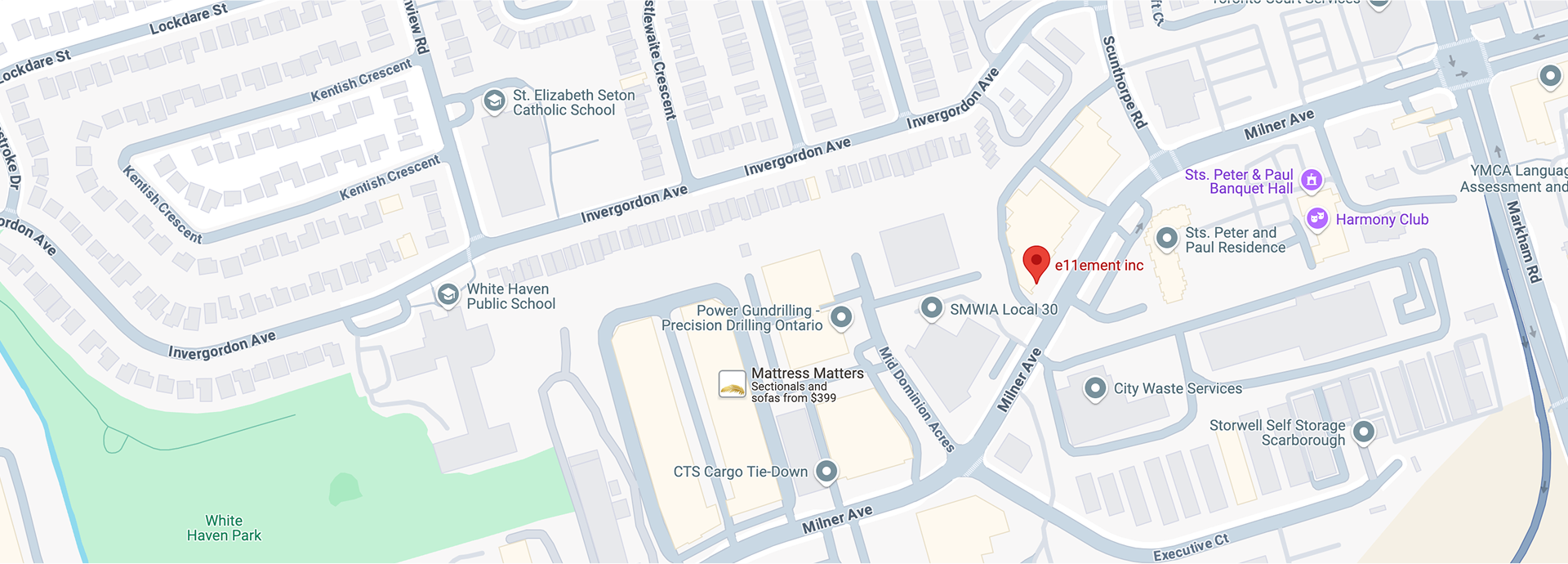When it comes to skincare, choosing the right product can make all the difference. Two popular ingredients in many skincare routines are hypochlorous acid and witch hazel. Both offer unique benefits, but which one is better suited for your skin concerns? In this article, we will explore the differences between hypochlorous acid and witch hazel, examining their properties, uses, and potential benefits for your skin.
What is Hypochlorous Acid?
Hypochlorous acid is a naturally occurring substance produced by the human immune system. It is used by white blood cells to fight off bacteria, viruses, and pathogens. In skincare, hypochlorous acid is typically used in the form of a gentle, non-irritating solution. Hypochlorous acid spray is often marketed for its antimicrobial and soothing properties, making it a popular choice for treating sensitive or inflamed skin.
Hypochlorous acid works by supporting the skin’s natural barrier while promoting healing and reducing inflammation. It’s effective for targeting issues such as acne, rosacea, and general skin irritation. It is safe for all skin types and can be used daily as part of your skincare routine.

What is Witch Hazel?
Witch hazel, derived from the bark and leaves of the Hamamelis virginiana plant, has been used for centuries for its medicinal and skin-soothing properties. Witch hazel is often found in toners, creams, and cleansers due to its astringent and anti-inflammatory effects. It’s known to tighten the skin, reduce the appearance of pores, and relieve symptoms of skin irritation.
Witch hazel contains compounds such as tannins, which have anti-inflammatory and antioxidant effects. It also has mild antiseptic properties, making it useful for treating acne, minor skin injuries, and conditions like eczema or psoriasis. However, some individuals may find witch hazel astringent or drying on their skin, particularly those with sensitive skin.
Hypochlorous Acid vs Witch Hazel: Key Differences
While both hypochlorous acid and witch hazel are effective at treating skin issues, they have distinct characteristics that may make one more suitable for certain individuals or conditions.
1. Effectiveness in Treating Acne
Both hypochlorous acid and witch hazel have properties that help manage acne, but their approaches differ.
Hypochlorous acid is known for its antimicrobial properties, which make it highly effective at targeting the bacteria responsible for acne. Its soothing nature helps reduce redness and irritation, providing a calm environment for healing. Many users prefer hypochlorous acid spray for acne due to its ability to effectively treat breakouts without causing excessive dryness.
Witch hazel, on the other hand, is often used to reduce the appearance of pores and calm inflamed skin. While it can reduce oil production, it may not be as effective at killing the bacteria that cause acne. Witch hazel may be more beneficial for those looking to control excess oil or improve the overall appearance of their skin, but it is not as targeted for treating the root cause of acne as hypochlorous acid.
2. Soothing and Reducing Inflammation
Both ingredients are known for their anti-inflammatory effects, but their intensity and mechanisms of action are different.
Hypochlorous acid is exceptionally gentle on the skin, making it ideal for individuals with sensitive skin or conditions like rosacea. It helps to calm irritated skin and reduce redness without causing additional inflammation. This makes hypochlorous acid particularly beneficial for those with post-acne scars, rashes, or other inflamed skin conditions.
Witch hazel, while also anti-inflammatory, works in a more astringent way. Its tannins help to shrink blood vessels, which can reduce swelling and discomfort. However, this astringency can sometimes lead to a drying effect, particularly for people with dry or sensitive skin. If you have oily skin, witch hazel may be a more suitable choice for reducing inflammation.
3. Hydration and Moisture Balance
Hypochlorous acid is a hydrating agent. It helps maintain the skin’s natural moisture balance while promoting healing. As a non-drying product, it can be used to hydrate and soothe the skin without stripping away natural oils. This makes it an excellent option for individuals with dry or dehydrated skin.
Witch hazel, due to its astringent properties, can sometimes cause a tightening feeling on the skin. For those with dry skin, this may lead to further dehydration. While it works well for oily or acne-prone skin, it’s important to follow up with a moisturizer to restore hydration after using witch hazel.
4. Gentleness on Skin
Hypochlorous acid is generally considered one of the most gentle skincare ingredients. Its pH is close to that of the skin, and it works harmoniously with the body’s natural processes. As such, it’s suitable for all skin types, including sensitive or compromised skin. Hypochlorous acid spray can be used multiple times a day without causing irritation, making it a versatile addition to any skincare routine.
Witch hazel, while natural, can be harsher on the skin, especially for those with sensitive skin. The alcohol content in some formulations can exacerbate dryness or irritation, so it’s important to use witch hazel with caution, particularly if you have sensitive or dry skin.
5. Overall Skin Health
Hypochlorous acid plays a crucial role in supporting overall skin health. It promotes the natural healing process by supporting the skin's barrier and fighting harmful microorganisms. It’s an excellent choice for anyone looking to maintain clear, healthy skin, especially for individuals with persistent conditions like acne, eczema, or psoriasis.
Witch hazel is effective at providing a temporary solution to issues like inflammation, skin irritation, and redness. However, it is not as effective at promoting long-term skin health as hypochlorous acid. Witch hazel’s astringent properties may offer short-term benefits, but they may not be enough to address deeper skin concerns in the long run.
Which One Should You Choose?
Both hypochlorous acid and witch hazel have their own unique benefits, but the choice ultimately depends on your skin type and the specific concerns you want to address.
-
If you have sensitive or acne-prone skin, hypochlorous acid is a great option. It’s gentle, soothing, and antimicrobial, making it effective at preventing and treating acne without irritating your skin.
-
If you have oily skin and are looking to control excess oil, reduce pore size, or calm mild inflammation, witch hazel may be a good option. Just be sure to follow up with a moisturizer to avoid dryness.
-
For those with dry or dehydrated skin, hypochlorous acid is the better choice. It’s hydrating and can be used throughout the day without causing dryness.
In conclusion, both hypochlorous acid and witch hazel offer valuable skincare benefits. However, hypochlorous acid tends to be more versatile, gentle, and effective in treating a variety of skin conditions. It’s ideal for those looking to improve overall skin health, reduce acne, and soothe inflammation.























